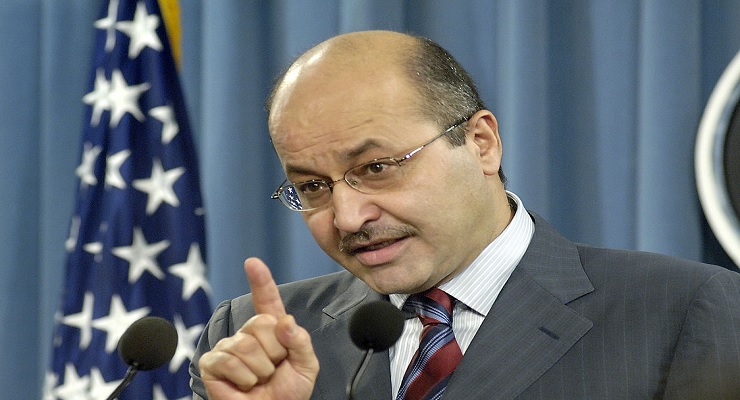
Ever since Iraq’s election in May, the country has faced a period of uncertainty and protest even within the Shiite majority south. May’s election is now seen as a having been an organizational disaster. But the political parties formed something of a positive compromise. Literally, the country observed a kind of peaceful power transfer.
Yet as observers know, it is very hard to get a grip on political dynamics within Iraq, the power of the military vs militias, the influences of the US, Iran and other foreign powers. That is why this video below is important to watch if you get the chance. The four speakers were very well informed and the discussion, if predictably pro-American and American policy centered, is still fascinating and includes very up-to-date information on Iraq’s myriad challenges. From the Washington Institute for Near East Policy’s event invite:
As recently elected officials in Iraq and the Kurdistan Regional Government prepare to implement their platforms, they will need to deal with myriad challenges, including persistent signs of Islamic State insurgency, troubling deficits in governance and services, ongoing internal conflicts over land and oil, and the prospect of domestic fallout from increased U.S. sanctions on Iran.
To discuss how the U.S. government can update its strategy to help meet these challenges, The Washington Institute is pleased to host a Policy Forum with four experts who recently traveled to Iraq, where they monitored the KRG elections and conducted high-level meetings with political and security officials.
Speakers included:
- Kenneth Pollack: A resident scholar at the American Enterprise Institute. Previously, he served on the National Security Council and as a senior Gulf military analyst at the CIA.
- Nussaibah Younis: An associate fellow at Chatham House and has served as a senior advisor to the European Institute of Peace.
- Michael Knights: Boston-based senior fellow of The Washington Institute, specializing in the military and security affairs of Iraq, Iran, and the Persian Gulf states.
- Bilal Wahab: The Nathan and Esther K. Wagner fellow at The Washington Institute.
More information on each speaker can be seen here. About the hosts:
The Washington Institute for Near East Policy was founded in 1985 to follow up and clarify the understanding of American interests in the Middle East. Under the guidance of a distinguished and bipartisan Board of Advisors, the Institute seeks to bring scholarship to bear on the making of U.S. policy in this vital region of the world. Drawing on the research of its scholars and the experience of policy practitioners, the Institute promotes an American engagement in the Middle East committed to strengthening alliances, nurturing friendships, and promoting security, peace, prosperity, and democracy for the people of the region.
Watch the video, which lasts for about an hour and a half, right here:
Leave a Reply